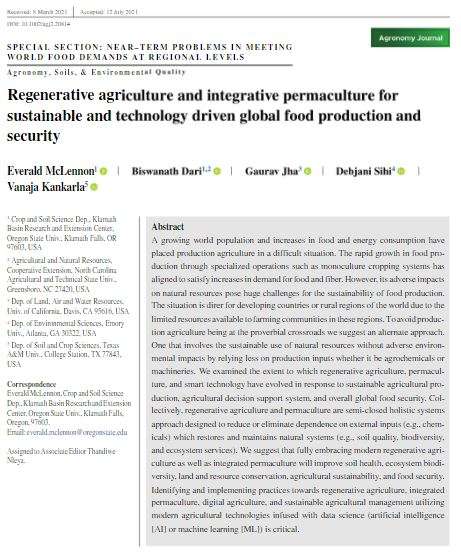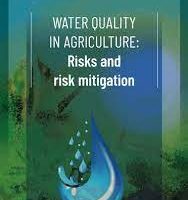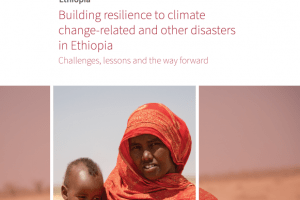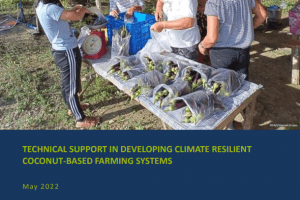In the past few years, we have seen growing calls for a transformation in global food systems in response to multiple challenges, including climate change. Food systems are responsible for a third of global greenhouse gas emissions from human activity and agricultural yields are at risk due to climate change impacts. Although many proposals have been made, there are fewer insights on what these imply for knowledge and innovation systems. We seek to advance the literature on transforming food systems under a changing climate, by identifying concrete next steps for scientists and practitioners. We do this by adapting a theory of change proposed by Campbell et al. (2018). We used the adapted theory of change to design the 5th Global Science Conference on Climate-Smart Agriculture, which brought together different stakeholders within global food systems. Through conference sessions and a survey with 262 of the participants, we validate elements of the Campbell et al. framework, identify additional elements, and offer further nuance. The findings point at nine priority areas for a transformation in food systems under climate change:
(1) Empowering farmer and consumer organizations, women and youth;
(2) Digitally enabled climate-informed services;
(3) Climate-resilient and low-emission practices and technologies;
(4) Innovative finance to leverage public and private sector investments;
(5) Reshaping supply chains, food retail, marketing and procurement;
(6) Fostering enabling policies and institutions;
(7) Knowledge transfer;
(8) Addressing fragmentation in the knowledge and innovation systems;
(9)Ensuring food security.
We have identified three types of scholarly insights from innovation, transition and sustainability transformations studies that may inform the next steps: these relate to stimulating novelty across the priority areas, ensuring participation in knowledge production, and reconfiguring incumbent systems to enable implementation of the theory of change.
Enacting theories of change for food systems transformation under climate change





Add Comment